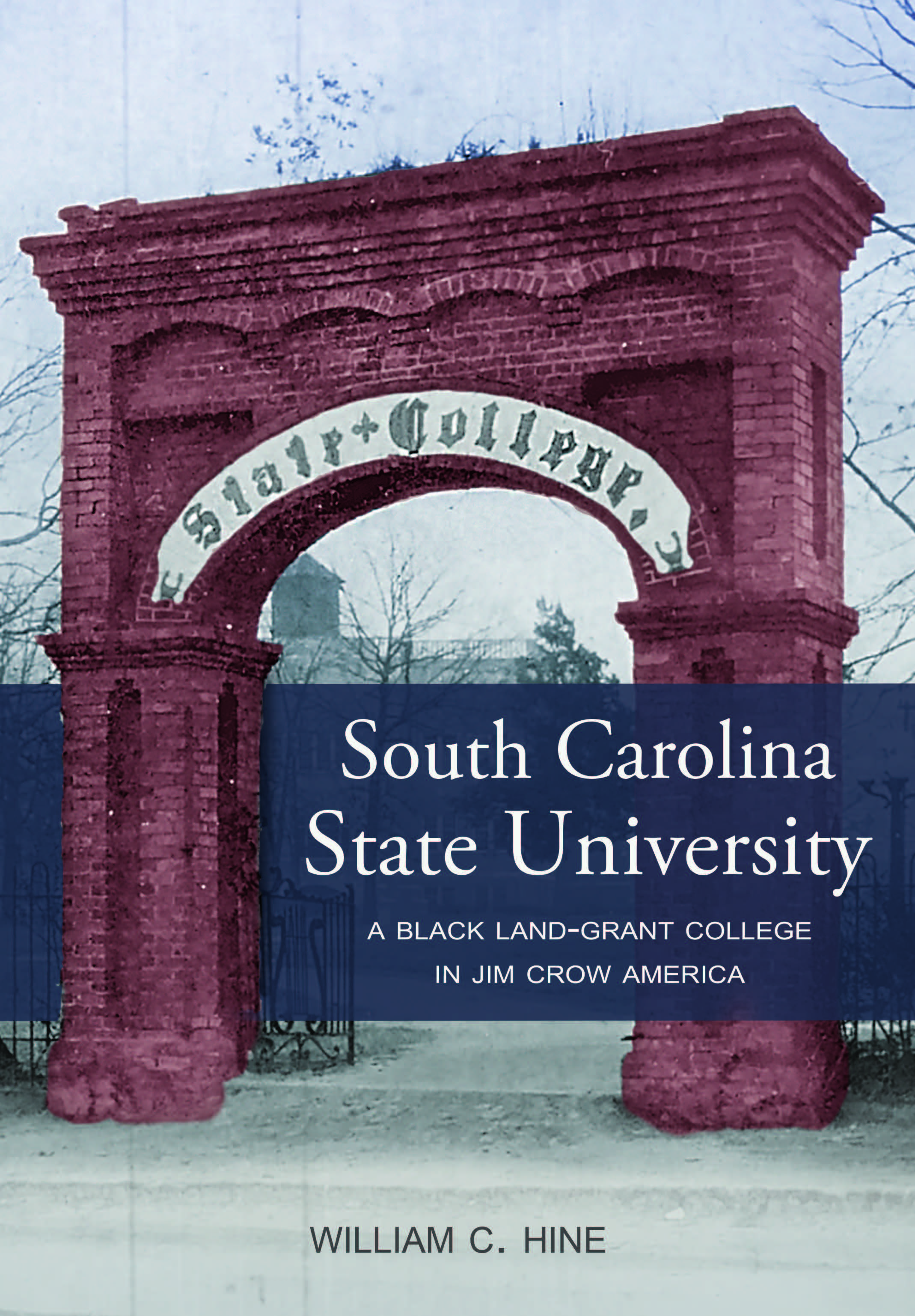Black History Month Sale: 40% off all books, plus FREE SHIPPING on all U.S. orders over $50 | Use code JBHM26

Size: 7 x 10
Pages: 512
Illustrations:
William C Hine
The inclusion of this book in the Open Carolina collection is made possible by the generous funding of
"In fine detail, William Hine explores the establishment and development of this important historically black college. Weaving a vivid tapestry of education, politics, and race, and showing the complexity and tension of the African American experience, Hine places this story in the larger discourse of conflicting interests and contrasting goals of education and race. An engaging exploration of the personalities vital to the history of South Carolina State University, the book also examines vexing questions of educational theory and probes the intersection of the humanities and the sciences. The battles fought throughout that history continue to affect politics and culture today. This is a thoughtful and rewarding contribution to a historical understanding of the African American land-grant college and the history of the state of South Carolina; a valuable, indeed indispensable, account."—Orville Vernon Burton, Judge Matthew J. Perry, Jr. Distinguished Professor of History, Clemson University
"William Hine has done an excellent job in producing a thoroughly researched and well-written readable account of the history of South Carolina State University. He captures in full the challenges faced by South Carolina's only state-supported historically black institution of higher education and its success in graduating many well-prepared alumni."—Jack Bass, emeritus professor of humanities and social sciences, College of Charleston
"Spanning the century from Jim Crow to the desegregation of higher education, South Carolina State University is a model history of an institution that has played a crucial role in the state's black life. The evolution of black education, politics, and civil rights struggle in South Carolina come vividly to life in this exemplary study."—Eric Foner, Columbia University
"This well-written monograph shows meticulous research. It integrates education, race, class, activism, and politics, and it fuses local study relevant to regional and national politics while identifying the unique local context... a refreshing read and will add a great degree to our understanding of historically black colleges and universities in general and South Carolina State University in particular."—Journal of Southern History
Copyright 2026
Website By Morweb.org